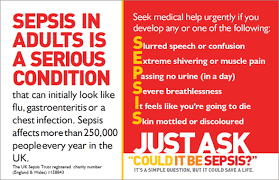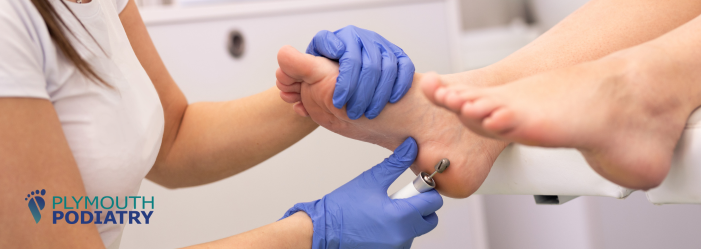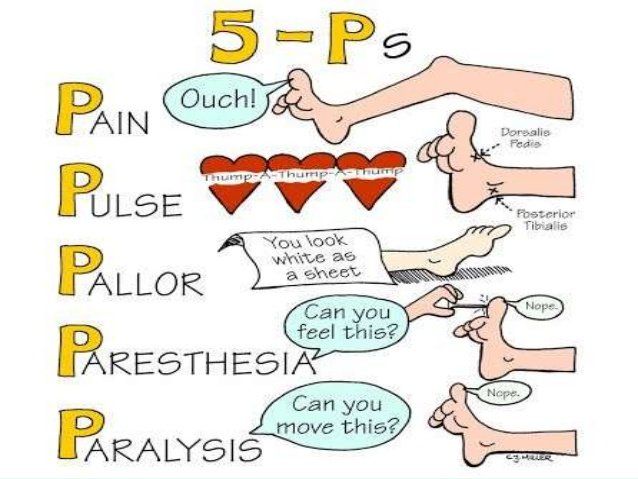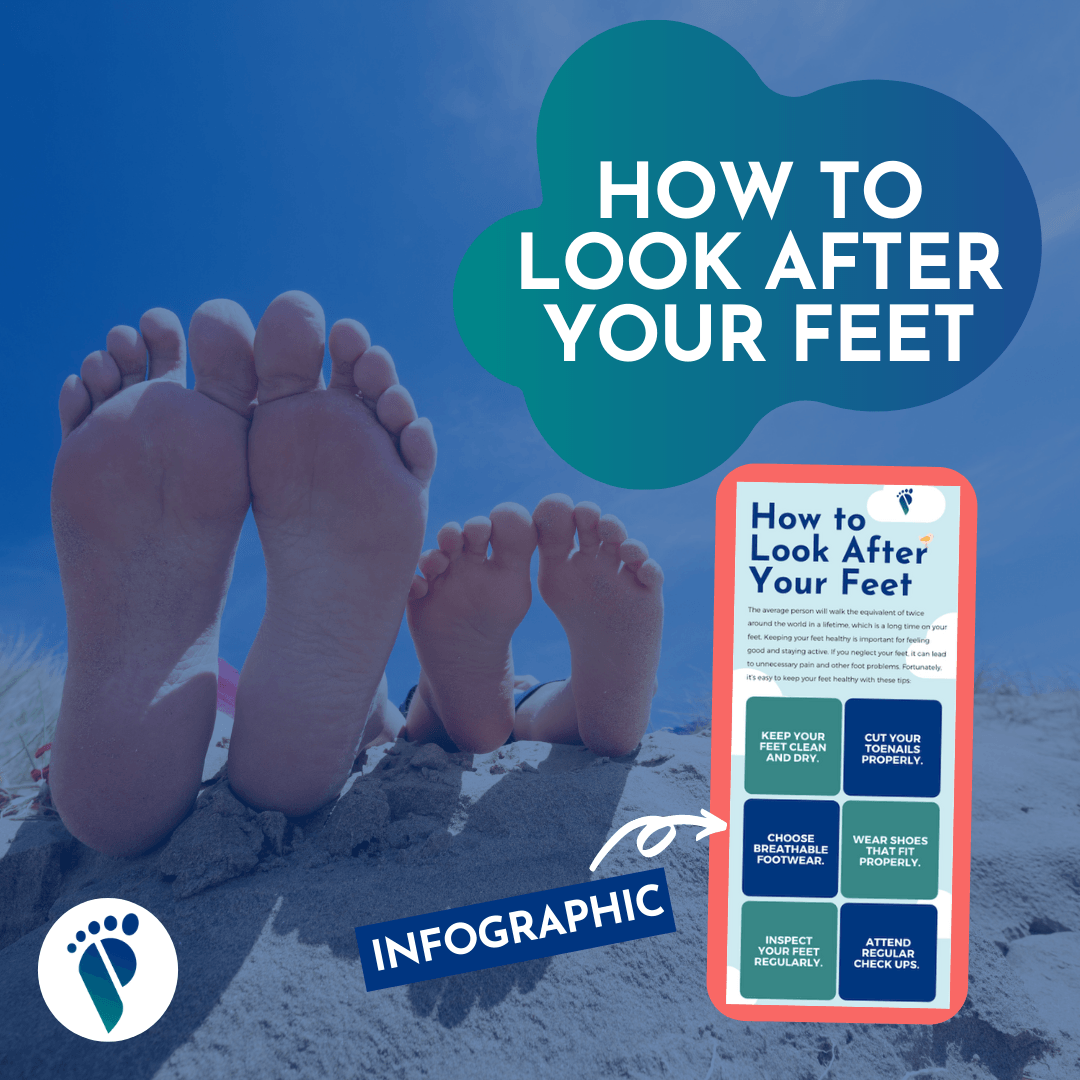Sepsis (also known as septicaemia or blood poisoning) is a rare but potentially life threatening condition caused by your immune system fighting an infection which has entered your blood stream. Your body’s immune response to this infection causes widespread inflammation. The blood clotting that sepsis causes can reduce blood flow to limbs and internal organs.
Sepsis
Sepsis is the body's overwhelming and life threatening response to systemic infection that can lead to tissue damage, organ failure and death.
Why is this relevant to Podiatry?
Localised infection of a wound or cut can quickly escalate into sepsis. Some common conditions seen within the Podiatry clinic have the potential to develop into sepsis, it is therefore important to seek timely treatment from your Podiatrist for these.
Foot pathology which could develop into Sepsis:-
- Ingrowing toenails;
- Foreign bodies embedded in the skin;
- Ulcers/non healing wounds;
- Athletes foot
- Insect bites;
- Blisters;
- Diabetic foot wounds.
Symptoms of Sepsis
It is important to know that not everyone with sepsis has a high temperature, sometimes you simply feel unwell. Symptoms can include:
- Feeling generally unwell
- Fever/Chills
- Very low body temperature
- Urinating less than usual
- Rapid pulse
- Rapid breathing
- Nausea/vomiting
- Diarrhoea
Risk factors for developing sepsis?
Anybody can get sepsis but some people are more at risk of developing it than others. Seek urgent medical attention if you feel unwell and have any of the risk factors mentioned below:-
- Patients with a reduced immune system due to medical conditions such as HIV/AIDS, kidney disease or cancer for example.
- Patients with a reduced immune system due to medication such as steroids, chemotherapy and certain rheumatoid arthritis medications.
- Babies younger than one year old.
- The elderly (over 75 or frail).
- People with diabetes.
Treatment options?
If you are concerned that you have any kind of infection it is important to seek urgent professional advice from an appropriate healthcare professional. This could be your Podiatrist, GP, pharmacist or NHS 111. Your Podiatrist can supply oral antibiotics for localised infections of the lower limb and manage the site of infection for you. If you have a more serious infection which has spread more systemically i.e. sepsis then urgent hospital attention is required. You will have blood tests taken, be closely monitored and receive intravenous fluids and antibiotics.
More information on Sepsis can be found on the NICE (National Institute for Healthcare Excellence) website: https://www.nice.org.uk/guidance/ng51/chapter/Recommendations



















